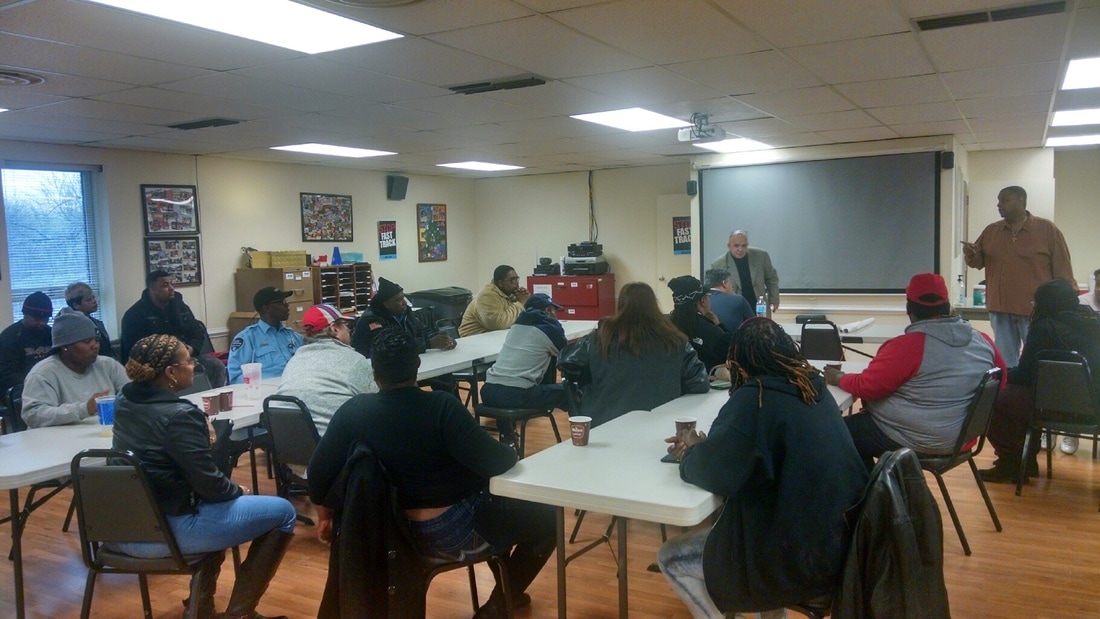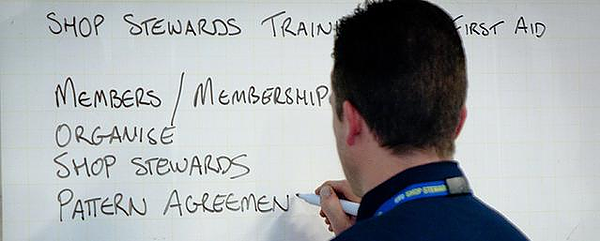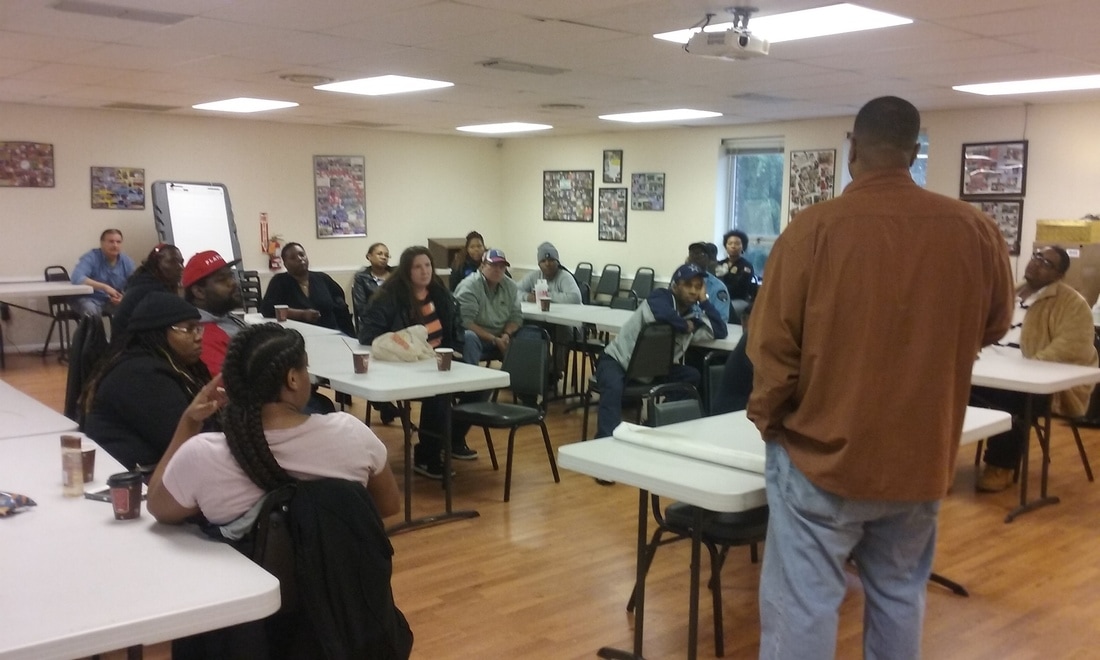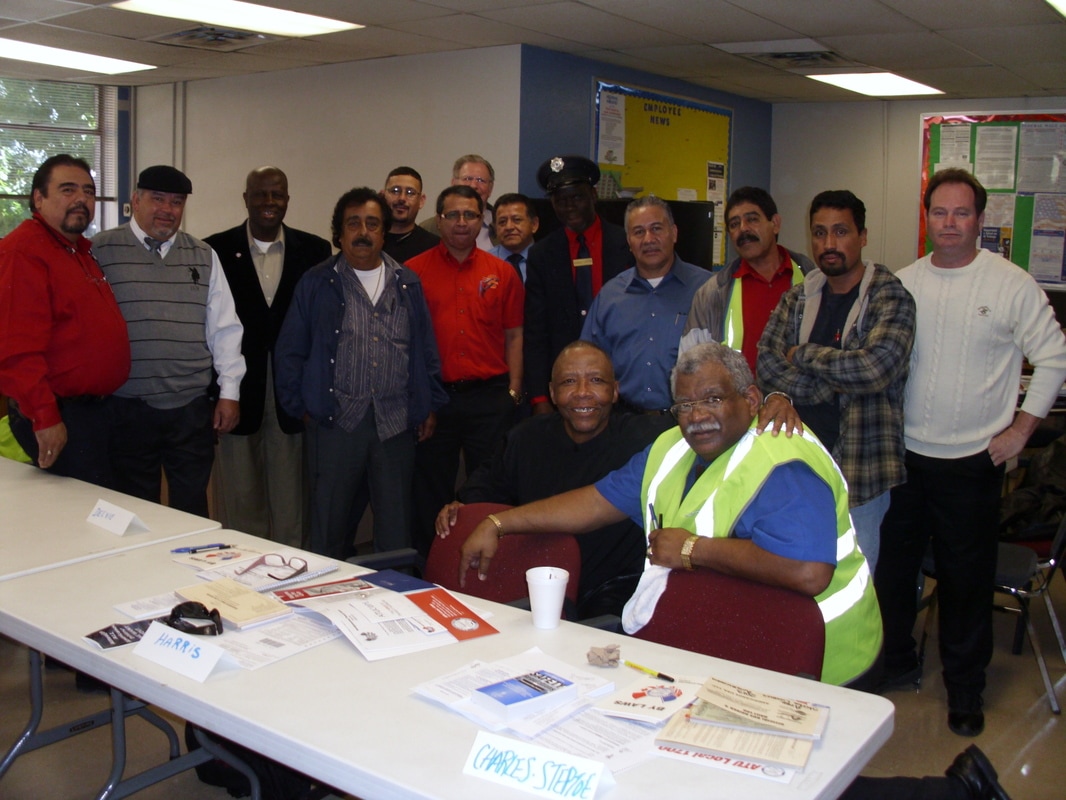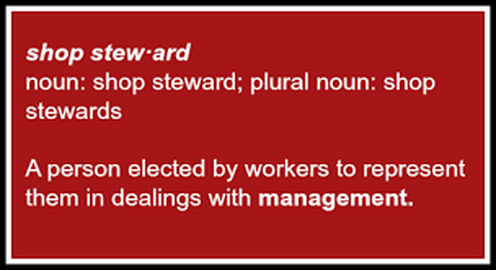Mandatory and Permissive Subjects of Bargaining
Collective bargaining is the process by which conditions of employment are negotiated between management and the labor organization representing employees in the bargaining unit.
Collective bargaining activities are governed by the National Labor Relations Act (NLRA). The NLRA requires bargaining parties to “meet at reasonable times and confer in good faith with respect to wages, hours and other terms and conditions of employment” (Section 8[d]). Because the NLRA does not list specific topics to be bargained, the National Labor Relations Board (NLRB) and courts determine which subjects fall under the NLRA stipulation. As a result of this, bargaining subjects are divided into three distinct categories: mandatory, voluntary or permissive, and illegal.
Mandatory bargaining subjects are those that directly relate to the NLRA stipulation. A refusal to bargain regarding a mandatory bargaining subject is a violation of the NLRA. Negotiations may continue to the point of impasse (mediation or strike). Mandatory bargaining subjects include wages, hours, merit increases, bonuses, pensions, profit-sharing, health and welfare plans, discharges, grievance procedures, disciplinary procedures, drug testing, seniority, promotions, transfers, health and safety, work assignments and plant closings.
Voluntary or permissive bargaining subjects are those for which an employer or labor organization may choose to bargain, but are not required to do so. A refusal to address a voluntary or permissive bargaining subject is not a violation of the NLRA. Examples of these issues include the following: internal union business, inclusion of supervisors in contract, designation of negotiators, marketing strategies, price of employer’s product, use of union labels and taping or making transcripts of negotiations.
Illegal subjects of bargaining are unlawful under the NLRA. These include the following: closed-shop clauses, union-shop clauses in right-to-work states, “hot cargo” clauses and provisions that violate the NLRA or federal or state employment laws.
These lists are by no means exhaustive. Rulings by the NLRB and the courts continue to expand items considered to be mandatory subjects of bargaining. It is important to check with state law as well as a labor attorney when beginning the collective bargaining process.
Mandatory and Permissive Subjects of Bargaining
SOME MANDATORY SUBJECTS OF BARGAINING
May not be adopted, changed, or eliminated without prior notice to the union and bargaining on request.
SOME PERMISSIVE SUBJECTS
May be adopted, changed, or eliminated without notice to the union or bargaining.
Collective bargaining activities are governed by the National Labor Relations Act (NLRA). The NLRA requires bargaining parties to “meet at reasonable times and confer in good faith with respect to wages, hours and other terms and conditions of employment” (Section 8[d]). Because the NLRA does not list specific topics to be bargained, the National Labor Relations Board (NLRB) and courts determine which subjects fall under the NLRA stipulation. As a result of this, bargaining subjects are divided into three distinct categories: mandatory, voluntary or permissive, and illegal.
Mandatory bargaining subjects are those that directly relate to the NLRA stipulation. A refusal to bargain regarding a mandatory bargaining subject is a violation of the NLRA. Negotiations may continue to the point of impasse (mediation or strike). Mandatory bargaining subjects include wages, hours, merit increases, bonuses, pensions, profit-sharing, health and welfare plans, discharges, grievance procedures, disciplinary procedures, drug testing, seniority, promotions, transfers, health and safety, work assignments and plant closings.
Voluntary or permissive bargaining subjects are those for which an employer or labor organization may choose to bargain, but are not required to do so. A refusal to address a voluntary or permissive bargaining subject is not a violation of the NLRA. Examples of these issues include the following: internal union business, inclusion of supervisors in contract, designation of negotiators, marketing strategies, price of employer’s product, use of union labels and taping or making transcripts of negotiations.
Illegal subjects of bargaining are unlawful under the NLRA. These include the following: closed-shop clauses, union-shop clauses in right-to-work states, “hot cargo” clauses and provisions that violate the NLRA or federal or state employment laws.
These lists are by no means exhaustive. Rulings by the NLRB and the courts continue to expand items considered to be mandatory subjects of bargaining. It is important to check with state law as well as a labor attorney when beginning the collective bargaining process.
Mandatory and Permissive Subjects of Bargaining
SOME MANDATORY SUBJECTS OF BARGAINING
May not be adopted, changed, or eliminated without prior notice to the union and bargaining on request.
- absence rules
- automation decisions
- bathroom procedures
- bonus programs
- business ethics policies
- clean-up rules
- disciplinary procedures or penalties
- dress codes
- drug/alcohol testing
- elimination of positions
- employee privileges (right to listen to radio, receive phone calls, smoke, etc.)
- employee purchase plan rules
- enforcement of company rules
- evaluation systems
- food service hours
- free coffee
- grievance procedures
- grooming standards
- incentive plans
- insurance benefits
- job qualifications
- layoffs for economic reasons
- light duty policies
- meal or coffee break rules
- merit increases
- new hours or shifts
- number of employees in job classification or department
- outside conduct rules
- outside employment rules
- parking rules
- pay check procedures
- pay raises
- physical examinations
- production quotas
- relocation of bargaining-unit work (generally)
- rest periods
- retirement benefits of current employees
SOME PERMISSIVE SUBJECTS
May be adopted, changed, or eliminated without notice to the union or bargaining.
- decisions (for reasons other than labor costs) to close plants or eliminate departments
- general business practices such as advertising and financing
- safety and health rules
- safety awards
- smoking rules
- subcontracting decisions (not including decisions based on a change in the scope or direction of the enterprise)
- tardiness rules
- time off prior to holidays
- transfer of bargaining-unit work to nonbargaining-unit employees
- union steward and officer privileges (paid leave, access to facilities, time of, etc.)
- vacation policies
- wages
- workloads
- work rules
- work schedules
- nondiscriminatory hiring practices
- pension benefits of already retired employees
- pre-employment testing procedures
- production methods
- selection of supervisors
- subcontracting and relocation decisions accompanied by basic change in the employers operation
LEOSU-DC / VA Local 104 Online Shop Steward Training Course
LEOSU-DC / VA Local 104 Online Shop Steward Training Course providing up to date Information for Stewards, Local Union Officers, and LEOSU-DC / VA Local 104 Members who want to know more about their rights, the law & its protections, workplace issues and the benefits of having an LEOSU-DC / VA Local 104 Union Contract.
